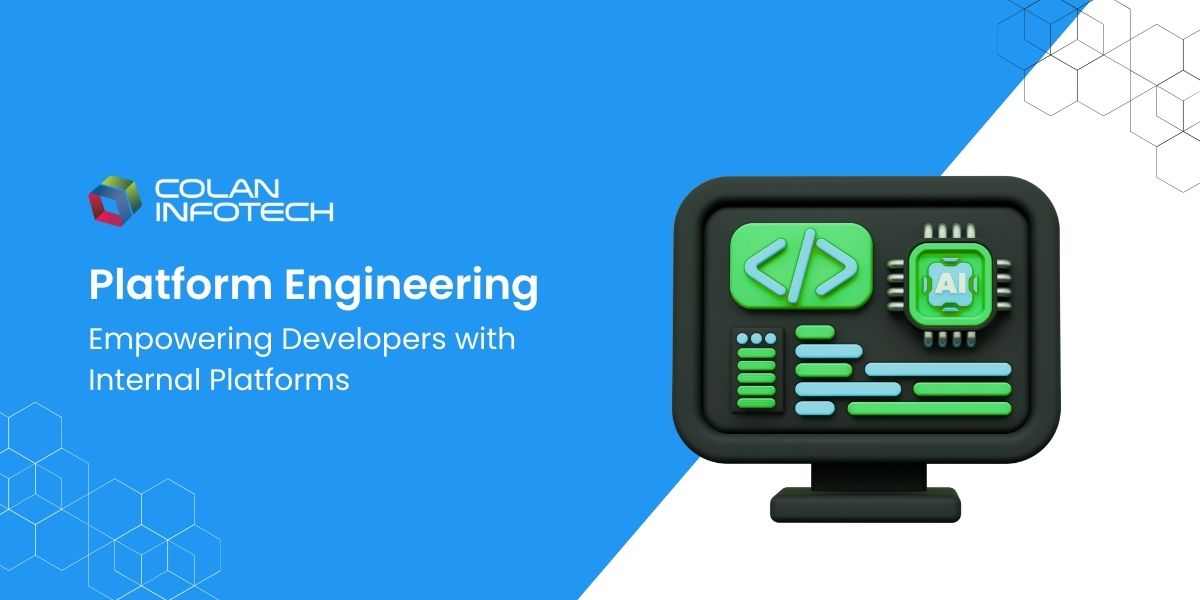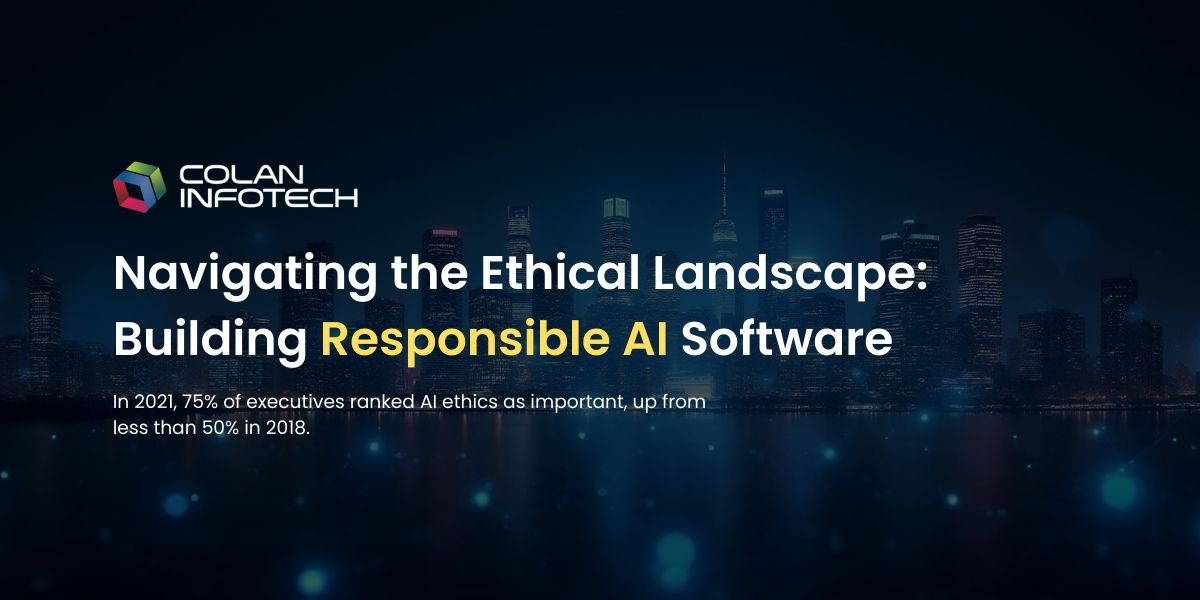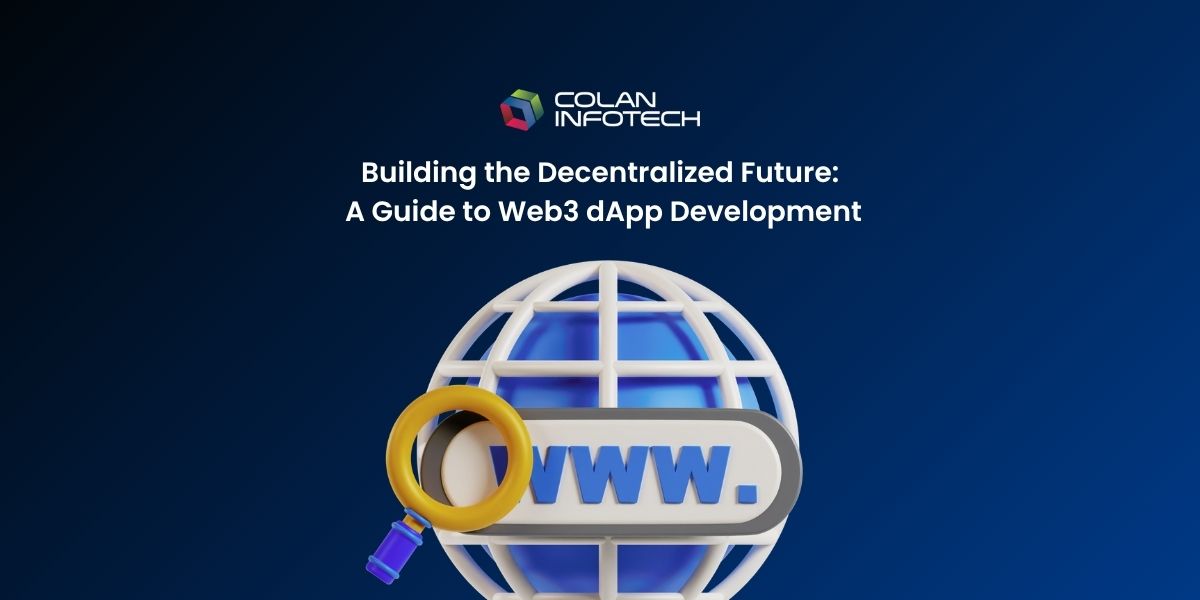Agentic AI in Practice: How Autonomic Digital Workers Are Revolutionizing IT Services in 2025
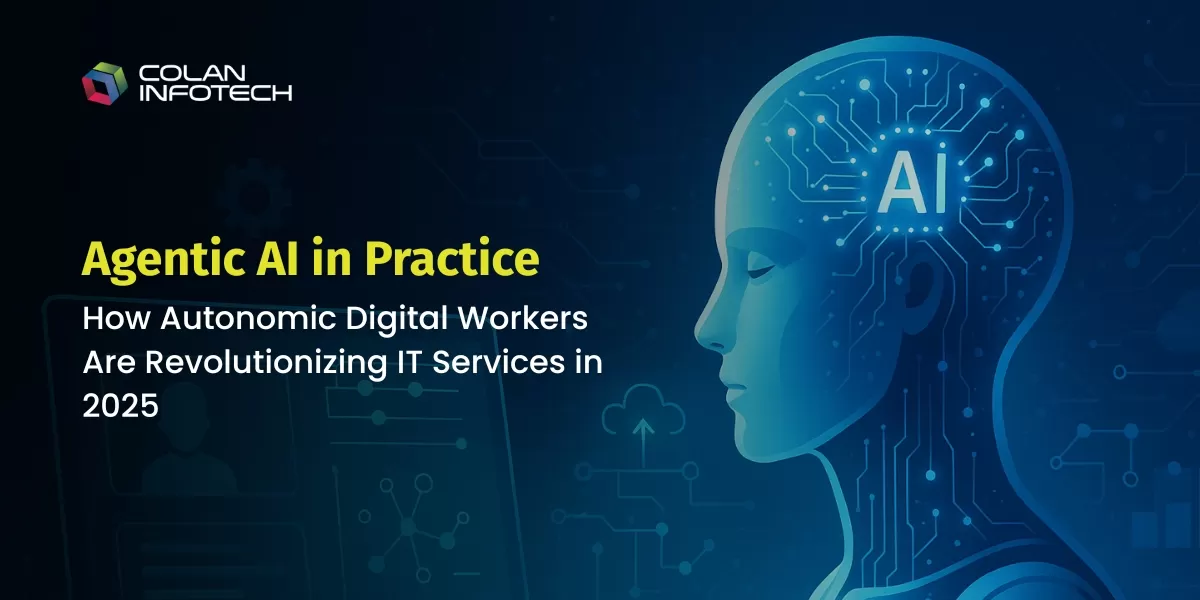
4 min read | By Admin | 07 May 2025 |
A Gartner report from October 2024 says agentic AI will be used in 33% of enterprise software by 2028, up from less than 1% in 2024.
In 2025, IT services are changing fast as smart Agentic AI systems that can make their own decisions become more common. These autonomous digital workers are not mere tools anymore, but active agents in controlling workflows, resolving issues and enhancing efficient AI in IT operations. From automating common tasks to processing sophisticated service requests, Agentic AI is revolutionizing how IT teams create value. This blog examines how these next generation IT services transformation, reducing costs and establishing new benchmarks for performance in the digital age.
What is agentic AI?
Agentic AI is artificial intelligence that can operate freely with intentionality. Unlike conventional AI, which merely performs when given explicit instructions or commands, Agentic AI is able to decide, define goals and act without constant input from human beings. Such AI agents are programmed to learn tasks, experience and execute activities independently nearly like digital colleagues.
Agentic AI is in IT services used to administer support tickets, manage systems monitoring, diagnose issues and optimize performance even as seen from live feeds. Having such autonomy means that agentic ai is such an effective vehicle in enhancing efficiency levels and curbing the levels of manual interventions where digital setups have become complex.

How does agentic AI work?
Agentic AI works through a structured process that autonomously operates the functions. Following are the some points about how agentic ai works,
Perception
Agentic AI starts with the collection of data from a variety of sources like sensors, APIs, databases or user interactions. This is achieved so that the system can get actual-time information to process and respond to.
Reasoning and Planning
Once data has been gathered, Agentice AI uses advanced reasoning and iterative planning to independently resolve numerous issues.. It analyzes a challenges, develops strategies and plan actions to achieve
Action Execution
Depending on its planning, the AI carries out activities on its own. This may include automating processes, IT support ticket management, or integration with other systems to undertake the assigned tasks.
Learning and Adaptation
After the completion of action execution, Agentic AI evaluates the results to learn from its experiences. This ongoing learning cycle enables us to update the strategies and enhance performances and modify the environment.
Collaboration with Other Agents
In this stage, multiple AI agents may work together by sharing the information and coordinating actions to achieve the broader objectives. This multi-agency collaboration enhances the system’s efficiency.
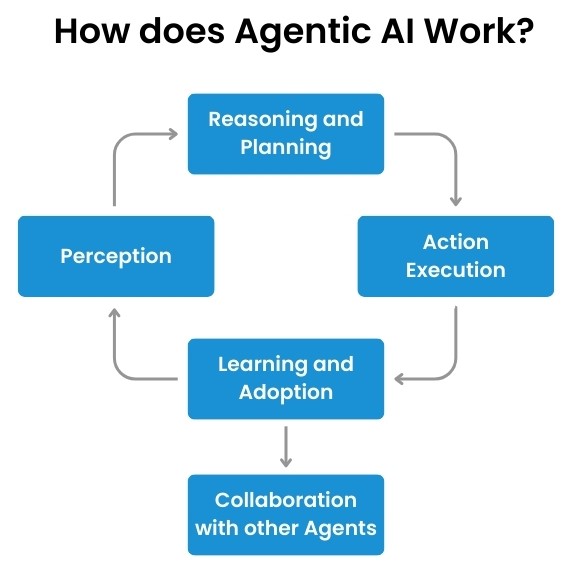
Benefits and use cases of agentic AI application in IT environments
Agentic AI supports the IT staff through autonomous performance of tasks, experiential learning, decision-making and sometimes autonomously. Here we discuss a few of the points that are utilized in IT sectors.
Benefits of Agentic AI in IT
Saves Time
Agentic AI can automate repeat IT work without human intervention, allowing teams to concentrate on critical tasks.
Works 24/7
These AI agents do not need breaks; they can monitor autonomous AI systems, answer tickets and respond to issues any time of day.
Reduces Errors
By following smart logic and learning from past results, agentic AI reduces the chances of mistakes.
Adapts Over Time
The more it works, the better it gets. Agentic AI learns from data and changes its actions to get better results.
Cost-Effective
Fewer manual tasks mean that businesses save on labor expenditure without compromising on the smooth functioning of services.
Reduced Response Times
It identifies and resolves problems more quickly than legacy systems, enhancing service uptime and customer satisfaction.
Agentic AI use cases in IT
Automated IT Support:
Managing routine support activities such as password resets, access to systems, and initial troubleshooting.
System and Network Monitoring:
Continuously watches servers and networks, alerting teams or acting automatically when issues arise.
Incident Detection and Response:
Identifies unusual behavior, stops threats, and takes corrective action in real time.
Cloud Resource Management:
Adjusts cloud infrastructure automatically based on usage trends and performance needs.
Code Update and Deployment:
Operates software installations and upgrades without manual intervention, lessening the risk of human errors.
Performance Optimization:
Analyzes system information using self learning AI agents to enhance performance, minimize downtime, and utilize resources more efficiently.
Security and Compliance:
Enforces security policies and verifies systems compliance with regulatory requirements automatically.
Difference between agentic AI and generatie AI
| Aspect | Agentic AI | Generative AI |
|---|---|---|
| Purpose | Works independently to carry out assignments and make decisions | Creates new content such as text, images, code, or audio |
| Core Function | Task execution, decision-making, system coordination | Pattern-based content generation from training data |
| Autonomy | Operates with minimal human input | Generates outputs only when prompted by users |
| Examples of Use | IT ticket resolution, system monitoring, workflow automation | Writing blog posts, designing images, generating code snippets |
| Learning Approach | Uses reasoning and adaptive learning to improve performance | Trained on large datasets to mimic or generate similar outputs |
| Interaction Type | Goal-oriented and action-driven agents | Creative and expressive generation of content |
| System Behavior | Can interact with multiple systems, trigger actions, and adapt to changes | Generative ai focused on producing outputs in response to user input |
The Impact of Agentic AI on IT Efficiency and Costs in 2025
Agentic AI 2025 is making a big difference in how IT services are managed. These intelligent systems can perform tasks independently, with very little direct intervention from the human side. This implies that work like resolving simple issues, system health checks or support requests can be done quicker and more efficiently. IT staff can thus dedicate more time on crucial projects rather than performing the same act repeatedly.
Using agentic AI also decreases cost. As the system can work independently, fewer individuals are required to complete the same amount of work. It also prevents downtime by identifying and repairing issues early on, which reduces cost. Businesses are beginning to realize that agentic AI is not only making their IT systems operate better, but it is also saving them money and operating more efficiently.
To wrap up
Agentic AI is not something to be expected in the future; it already alters the future of IT services. With autonomous functioning, troubleshooting and learning through experience, such AI agents are accelerating IT systems, making them more intelligent and economical. Be it support tickets management, system monitoring or reacting to incidents, agentic AI is enabling IT staff to achieve more with less effort. Since adoption is on the rise, there is no doubt that autonomous digital workers will dominate the future of enterprise technology.
The latest from our editors
Join over 150,000+ subscribers who get our best digital insights, strategies and tips delivered straight to their inbox.
